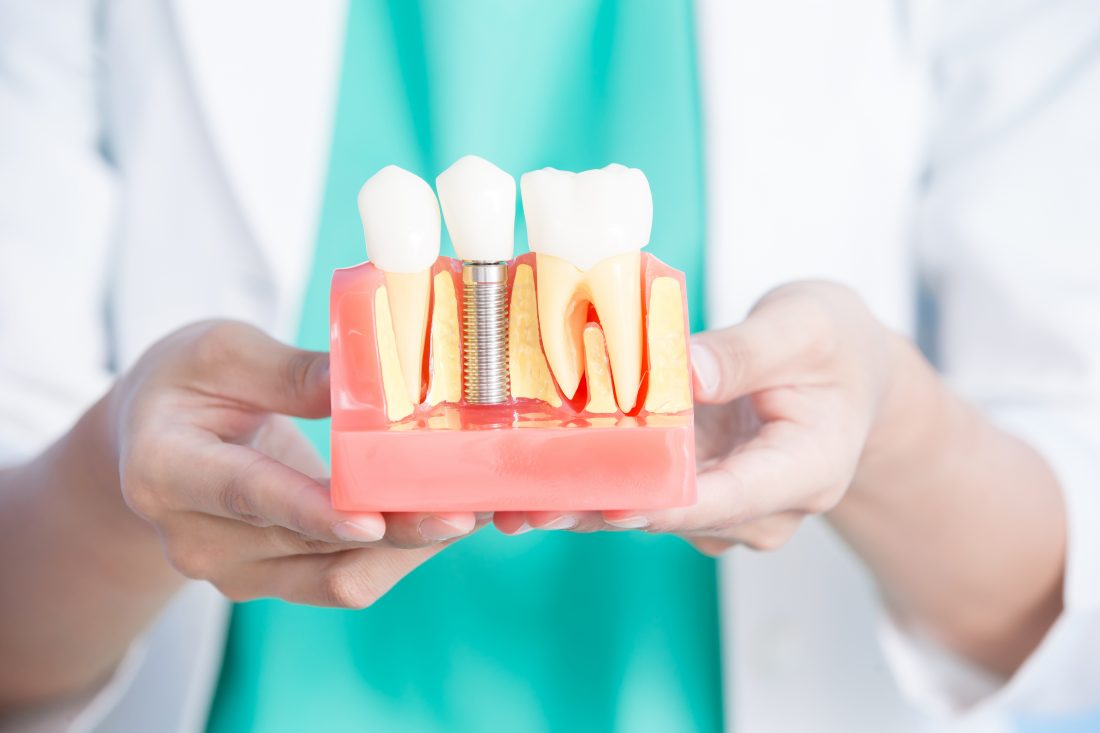Symptoms of dental implant rejection
Dental implants are undoubtedly one of the most common procedures in cosmetic dentistry. dental aesthetic treatments.
Despite the fact that this is a resource in which, in most cases, nothing unexpected happens in the majority of cases there are usually no unforeseen events, but after the operation there may be a problem with osseointegration, i.e. the moment of healing of the implant and its integration with the bone. integration with the bone. A case that affects less than 2% of those who undergo this treatment. to this treatment.
Basically, the rejection of a dental implant occurs when a white tissue is generated between the bone and the titanium that between the bone and the inserted titanium, which prevents integration and therefore the possibility of new bone the possibility for new bone to form.
When this happens, the dentist will remove the implant to clean the area and place a new one. area and place a new one. Sometimes after a few months.
We tell you how to detect the problem and what to do to avoid it.
How to detect rejection of a dental implant dental implant?
Discomfort or inflammation in the area: although most people do not notice the people do not notice the rejection until they go to their dentist, there may be cases in which a small cases in which there is a small infection in the operated area as well as inflammation of some kind. inflammation of some kind.
Mobility of the implant: this is the most common case and is usually detected by the dentist the dentist who detects it, usually when making the impressions for the crown. crown. If the implant moves within its socket, it may have been rejected. rejected.
How to prevent rejection of a dental implant dental implant?
- Keepregular appointments with your specialist so that he or she can assess your progress.
- Do not smoke or drink alcohol after surgery, as this may increase the chances of developing an infectious process.
- Avoid eating very hard foods.
- Follow your specialist's instructions, especially if you are prescribed painkillers or antibiotics after the operation.
- Take extreme care with oralhygiene measures 24 hours after the operation.
In any case, if you notice any symptoms of rejection of your dental implant, make an appointment with your specialist so that he/she can assess the situation.




Sorry, the comment form is closed at this time.